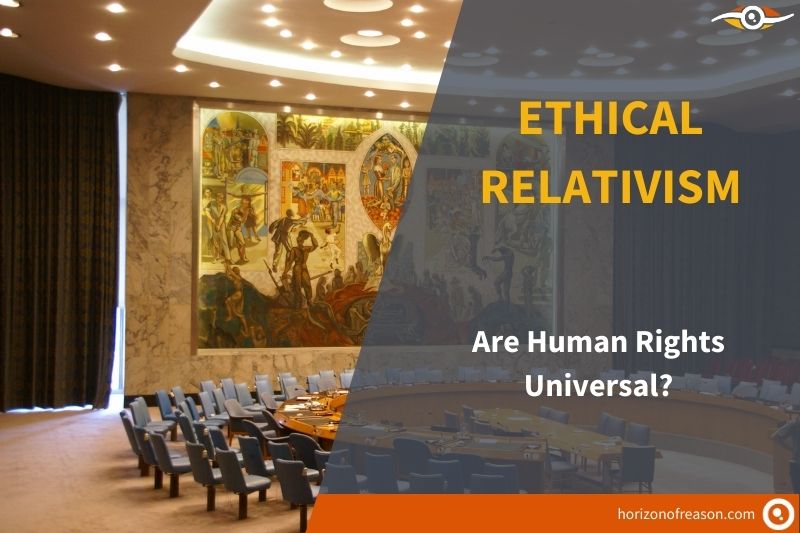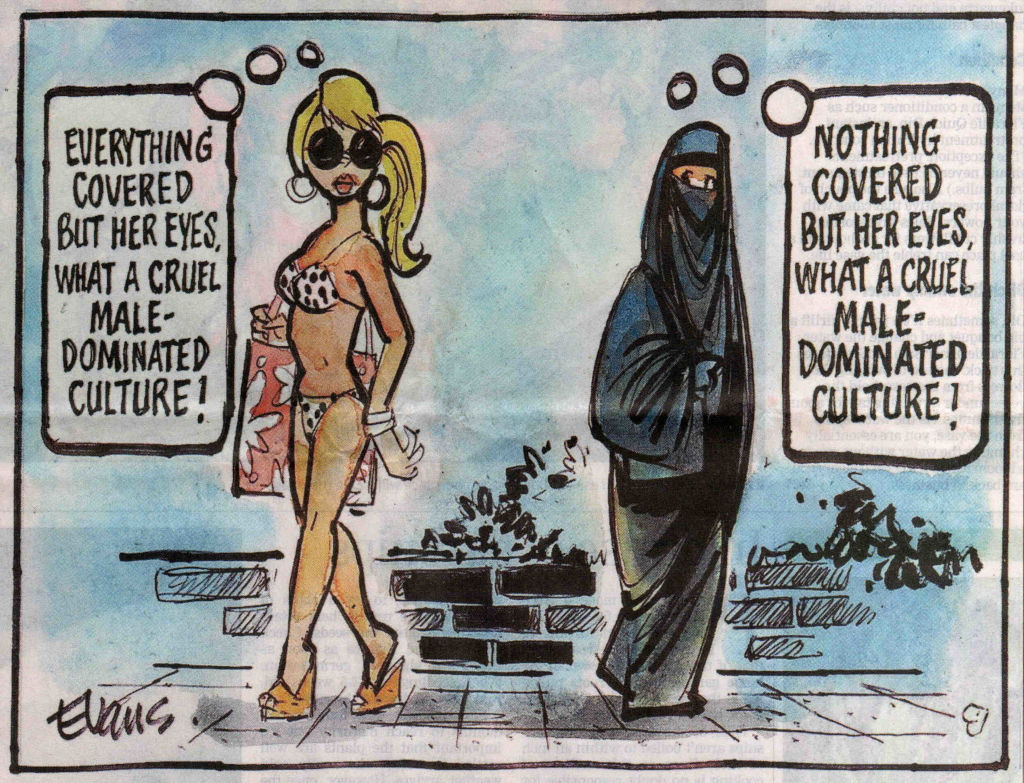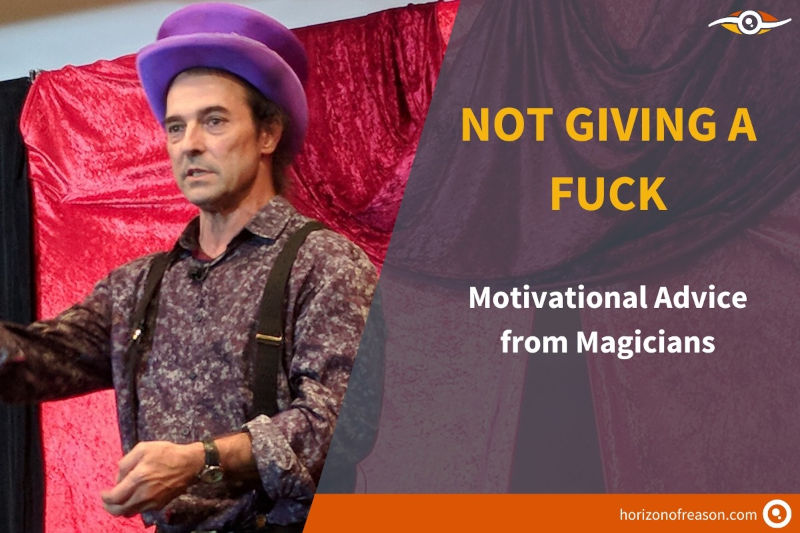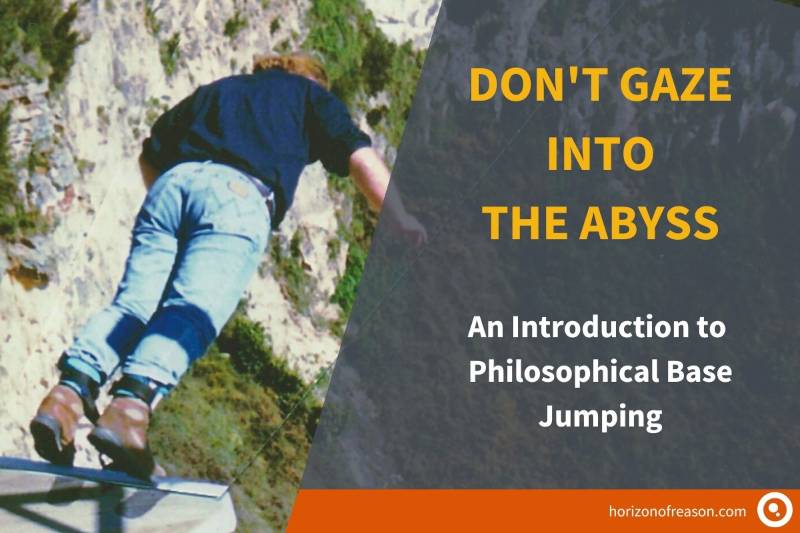
An Ethical Relativism Example: Are Human Rights Universal?

Peter Prevos |
1215 words | 6 minutes
Share this content
The Universal Declaration of Human Rights is a widely-accepted document that defines a set of immutable conditions that apply to every human being, irrespective of their cultural background. This document is unique as humanity defines itself through cultural diversity instead of being equal. It is an anthropological fact that this cultural diversity expresses itself in moral variety. This article discusses an ethical relativism example and answers the question of whether child labour is accepted in certain circumstances because it is customary in some cultures.
Ethical relativism is the view that a specific form of behaviour is actually wrong in cultures which prohibit it and is possibly actually right in other cultures which permit it. Ethical relativism argues thus that there are no independent objective absolute grounds on which to assess the moral claims from different cultures. All moral claims are right within their own cultural context.

The argument for ethical relativism is based on the ethnographic fact that different cultures around the world subscribe to other moral values. The main attraction to ethical relativism is the idea that to try and judge the moral code of another culture is arrogance. All moral principles are right within their own cultural context. The relativists argue that this forces us to adopt an attitude of tolerance towards other cultures, as arguing over who is wrong or right is futile.
Is ethical relativism the proper way to think about ethics? The next section discusses an example of an ethical
Ethical Relativism Example
This example stems from my personal experience from the days I worked in Africa and Asia. When I was an engineer on the Jamuna Bridge project in Bangladesh, we used a lot of local labour instead of machines. Involving local labour injected a lot of the project funds back into the community, but working with thousands of Bangladeshi labourers also introduced intercultural challenges for a Dutch company.
One of the problems we faced was that a job is not so much a relationship between a company and an individual but between the company and the community. Bangladesh is generally a more collectivist culture than the Netherlands, which explains this difference.
Local community leaders decided who in their villages would do the work. This was a strange way of working for us, but we were happy to accommodate local customs. A problem emerged when we identified several children doing manual labour. While this was apparently common practice for the local rural community, it was illegal for a Dutch company to facilitate child labour. We negotiated a compromise, recognising the ethical relativity between our cultures. But, besides the legal complexities of our situation, was this approach ethically wrong? Should we embrace moral relativism, or are there objective standards by which we can measure our position?

Universal Declaration of Human Rights
Bernard Williams' central criticism of ethical relativism is that the relativist concludes from the ethnographic fact that different societies have different moral attitudes, an a priori (non-relative) principle to determine the perspective of one culture to another, e.g. moral tolerance. When relativists demand universal tolerance, they contradict their own meta-ethical precepts because if inter-cultural tolerance is a rule for everybody, then it is an absolute principle. But we can not derive a fundamental moral principle from a meta-ethical view which claims that there are no absolute principles.
An example of Williams' objection is that while European countries hold a relativist and tolerant view of Islam, some extremist aspects of this religion do not subscribe to this moral tolerance.
The idea of ethical relativism destroys the possibility of maintaining a Universal Declaration of Human Rights. The Preamble of which declaration states that:
Inalienable rights of all members of the human family [are] the foundation of freedom, justice and peace in the world.
Child labour would contravene the Universal Declaration as it states that "everybody has to right to education". The declaration continues that elementary education should be compulsory. Child labour obviously makes it almost impossible for young children to attend school. We were thus faced with a real moral dilemma. The local community did not subscribe to the Universal Declaration, while we were legally and morally bound to it.
If the moral code of every culture is actually right, as ethical relativism contends, then there is a problem when there moral codes conflict. Ethical relativism cannot provide an answer to the question of what inalienable rights all members of the human family should have. The only possible conclusion is then that there are no inalienable rights that all humans can have.
Descriptive Relativism
Descriptive relativism recognises that different cultures indeed do have other and sometimes juxtapositioned moral codes. John Mackie argues that this fact pushes us towards rejecting moral facts altogether. Mackie argues that moral judgements are based on our way of life, they are social constructs, rather than that our way of life is based on externally existing moral values. The rightness or wrongness of a particular action cannot be perceived empirically, it can only be thought about.
The argument from relativity and the subsequent denial of objective values is as such the best explanation fitting descriptive realism. Mackie claims that the rejection of objective values is simply the most plausible explanation of descriptive realism.
An interesting counter to this argument is the perception that there are some shared values among cultures, which shows that there are indeed objective moral facts—the Universal Declaration of Human Rights is an attempt to distil these into a simple document. Mackie defends ethical relativism by arguing that there are also ultimate disagreements between cultures. However, this does not support ethical relativism since these disagreements may also happen within a culture. Mackie's position does also not conclusively show that the core values which we actually share are not objective.
The second stage of Mackie's exposition is the Argument from Queerness, which states that if there were objective values, they would be metaphysically queer—they would be very different from natural facts—and we, therefore, have no way of knowing them. Mackie thinks that objective values have to be objective in a way in a way that they can be considered part of the 'fabric of the world' and are independent of our existence.
Mackie equates objective truth with a scientific view of the world. Because when we look at the world in this way, we don't find anything that matches our conception of a moral fact, there can be no objective moral facts. Objective values are in the eyes of Mackie a mysterious and queer entity which have no existence in the world.
Ethical Relativism in Practice
Descriptive relativism does not imply that we should simply accept whatever another culture wants from us. The crux of intercultural relationships is to try to understand each other's position. In Bangladesh, the local community had little respect for our position against child labour. For them, putting children to work was simply part of their upbringing. The solution to our problem in Bangladesh was to limit and phase-out child labour and motivate the parents to send their children to the local school.

Share this content


